Do you like art and are you looking for the best art museums to visit in Valencian Community? These are the ones:
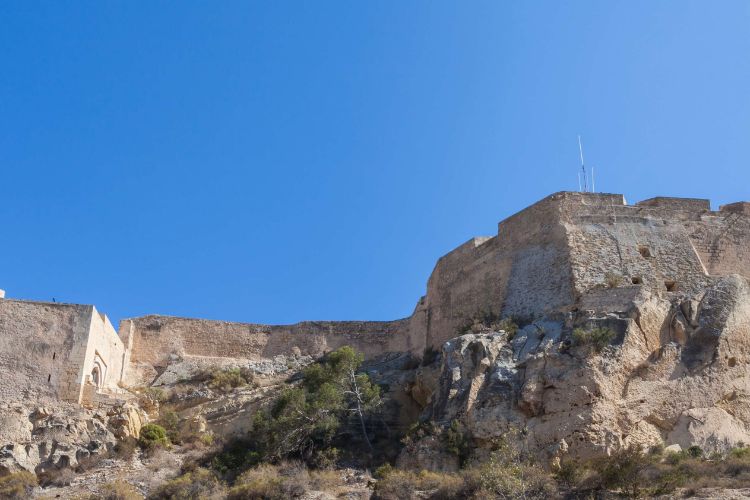
Castillo de Santa Bárbara - Museo de la Ciudad de Alicante
AlicanteCastillo de Santa Bárbara (The castle of Santa Bárbara) is a castle in Alicante, on Mount Benacantil, a rocky mass with a height of 167 meters that borders the sea and from which you can see the entire bay of Alicante and its terrestrial surroundings, giving it a big strategic advantage. The Museo d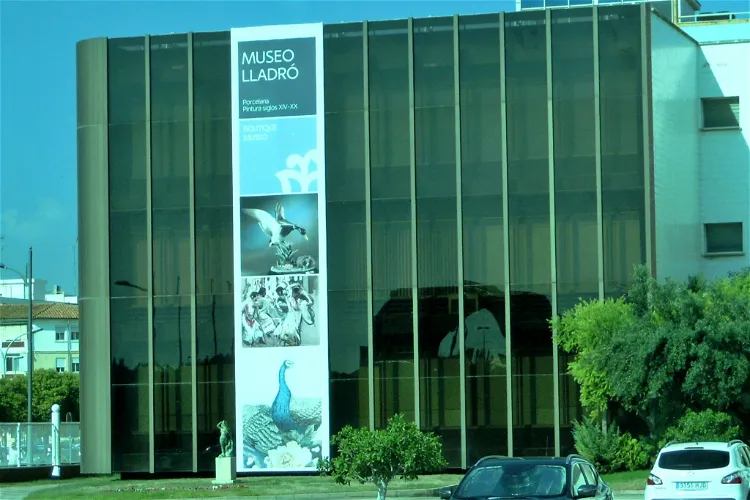
Lladró Museum
Tabernes BlanquesThe Lladró Museum, located in the town of Tabernes Blanques in Valencia, Spain, is a private institution owned by the renowned decorative porcelain firm, Lladró. This museum is a significant destination for those interested in the art of porcelain making and the history of the Lladró brand.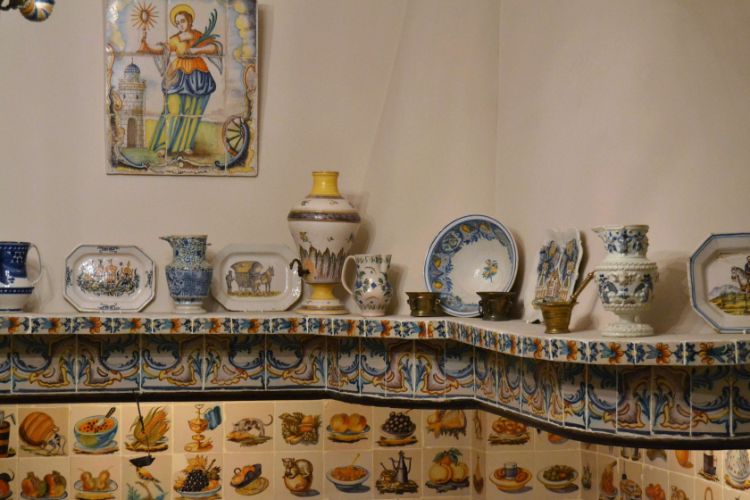
National Museum of Ceramics and Decorative Arts González Martí
ValenciaNational Museum of Ceramics and Decorative Arts González Martí (Museo Nacional de Cerámica y de las Artes Suntuarias González Martí) is an art museum in Valencia that is housed in the 18th century Palace of the Marqués de Dos Aguas, a fine example of Rococo architecture. It is a national museum of c
Museo Fallero de Valencia
ValenciaMuseo Fallero de Valencia is a museum in the Spanish city of Valencia that is dedicated to the city's unique and internationally known festival. The collection of the museum consists of the best figurines made over the years. Each year, the best falla (figurine) is saved from the fire and put into t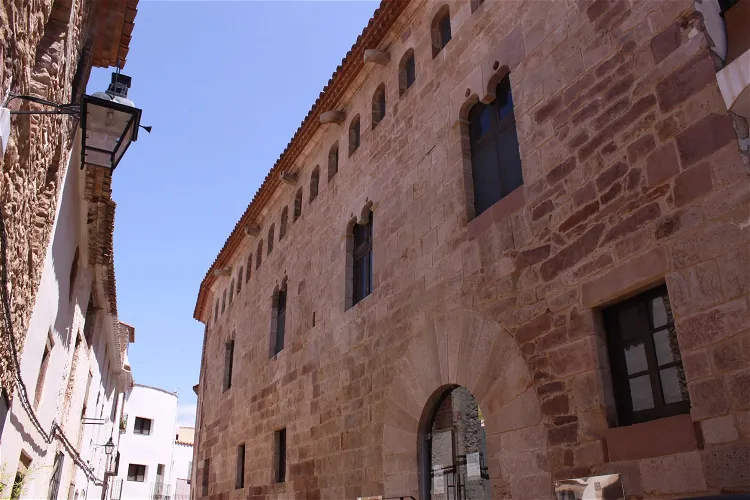
Museo de Arte Contemporáneo de Villafamés
VilafamésThe Museo de Arte Contemporáneo "Vicente Aguilera Cerni" de Villafamés is housed in the Palacio del Batlle. This civil Gothic palace was constructed in the mid-15th century and underwent renovations in the 18th century. The museum's location in this historic building adds a unique charm and historical context to the contemporary art pieces it houses.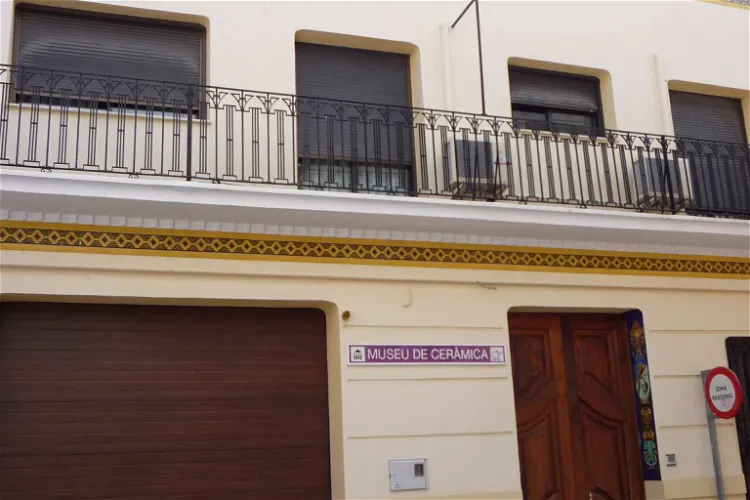
Ceramic Museum of Manises
ManisesThe Ceramic Museum of Manises (MCM) is a public ethnological museum that is owned by the Manises City Council. The museum primarily focuses on ceramics from Manises, specifically those from the 14th to the 20th centuries. Additionally, the museum also showcases contemporary creative ceramics, which are obtained from the winners of the National Ceramic Competition of Manises.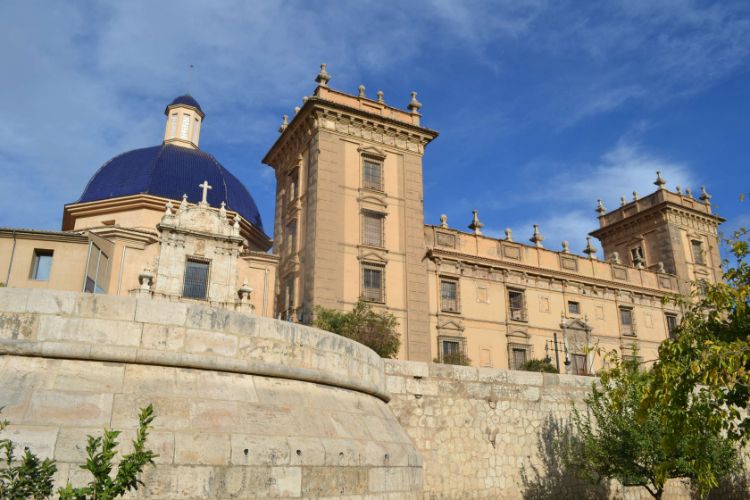
Museo de Bellas Artes de Valencia
ValenciaMuseo de Bellas Artes de Valencia is one of the most prominent art museums in Valencia and is housed in the St. Pius V Palace. The museum holds a collection that mainly consists of primitive Valencian masters, but also examples of contemporary art. Highlights of the exhibition include paintings by G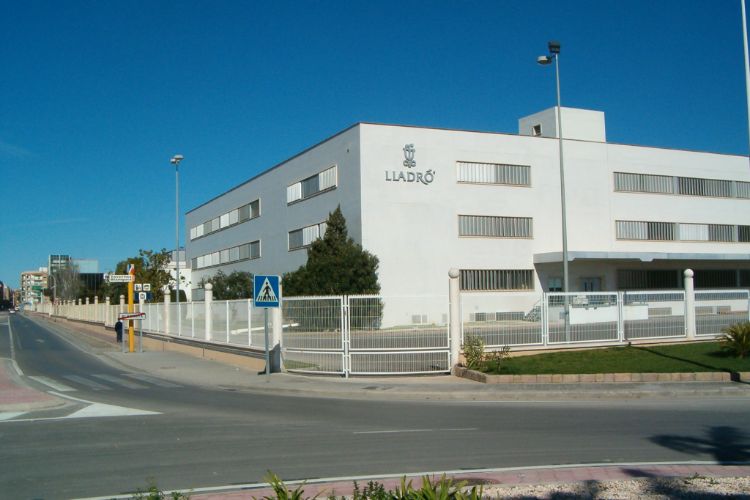
The Lladró Museum
ValenciaThe Lladró Museum is the private center that belongs to the well-known decorative porcelain firm Lladró. The museum has two permanent exhibits, the Historic Porcelain Museum and the Painting Collection. The Lladró Historical porcelain collection consists of pieces that are already removed from the c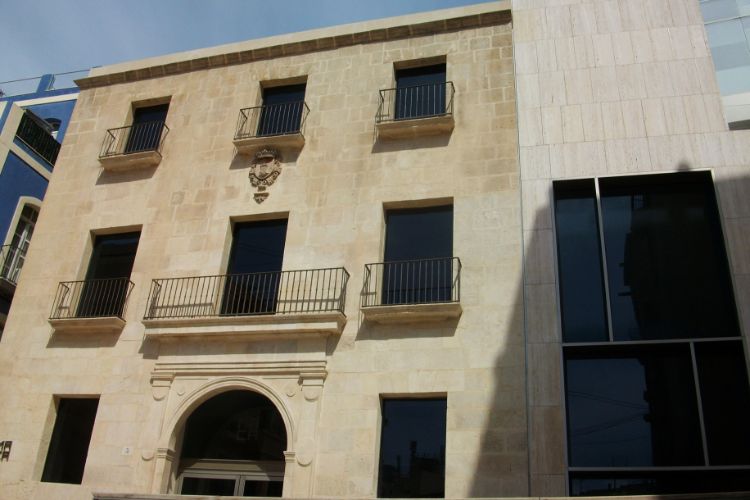
Alicante Museum of Contemporary Art
AlicanteThe Alicante Museum of Contemporary Art (Museo de Arte Contemporáneo de Alicante, MACA) is a municipal museum in Alicante that is housed in the Asegurada building, the oldest civil building remaining in Alicante. The museum holds a collection of 20th-century and contemporary art that is subdivided i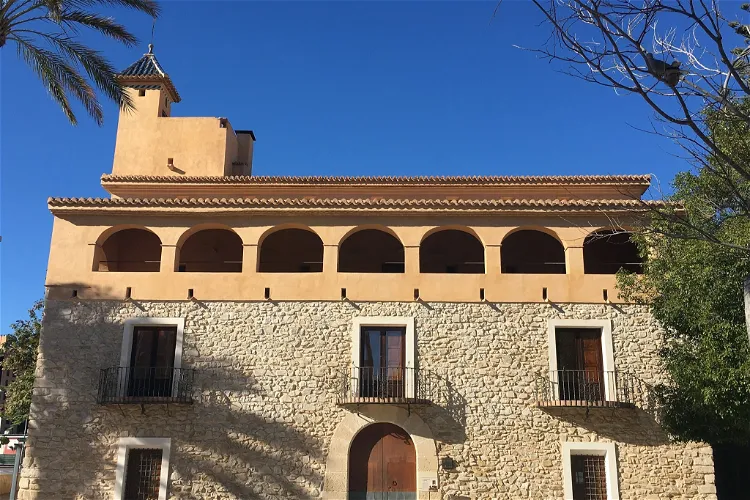
Casa Museo la Barbera dels Aragonés
VillajoyosaThe Casa Museo La Barbera dels Aragonés in Villajoyosa, Alicante, has a rich history dating back to the Late Middle Ages. The house belonged to the Aragonés family, who were influential landowners and held significant political and military positions until the 19th century. This historical context provides a unique insight into the lives of the Spanish nobility during this period.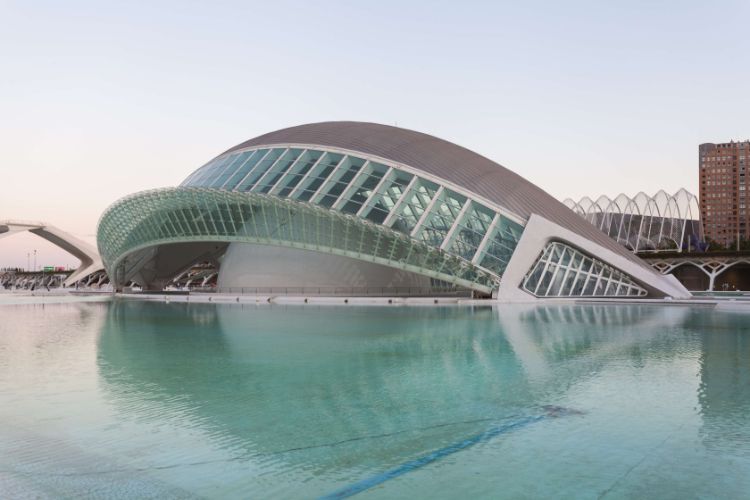
L'Hemisfèric
ValenciaL'Hemisfèric was designed by Santiago Calatrava and built in 1998, and was the first building of the whole Arts and Science complex. Both the cinema and planetarium housed here use IMAX technologies, which create an interactive experience for its visitors on science and technology. Movies screened a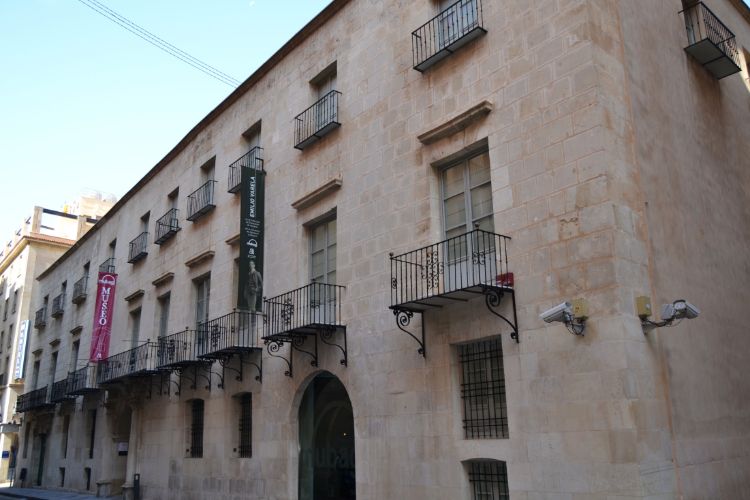
Museo de Bellas Artes Gravina - MUBAG
AlicanteMuseo de Bellas Artes Gravina (MUBAG, The Museum of Fine Arts Gravina) is an art museum in Alicante that is housed in the palace of the Count of Lumiares, a four-storey building built between 1748 and 1808. This museum holds a collection of paintings and sculptures from Alicante, from the 16th centu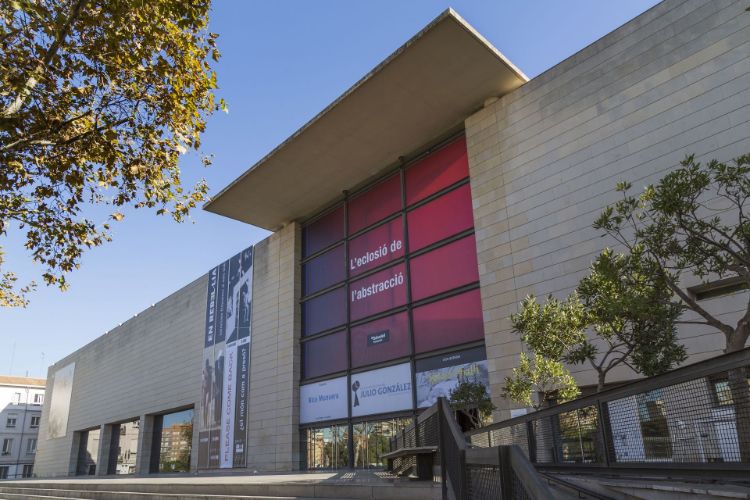
Institut Valencià d'Art Modern (IVAM)
ValenciaIn the IVAM’s exhibitions different artistic languages coexist as they really are: manifestations of ideas, emotions and poetics of artists who at all times choose their best way to express themselves. Modern and contemporary seen as strongly intertwined aspects that can not be understood without ea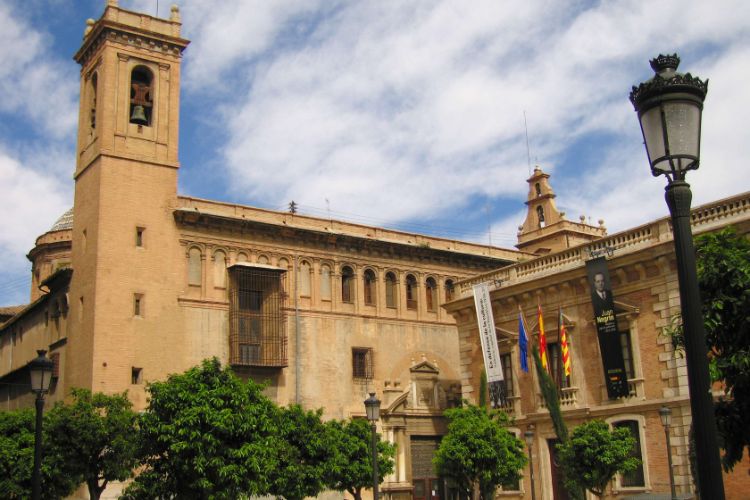
Museo del Patriarca
ValenciaThe Patriarca, Real Colegio and the Seminario del Corpus Christi are a church, a seminary and a college respectively. Work on the buildings began in 1586 and finished in 1610. The Patriarca in Valencia is a good examples of Renaissance architecture. In the Museo del Patriarca (the Musuem of the Patr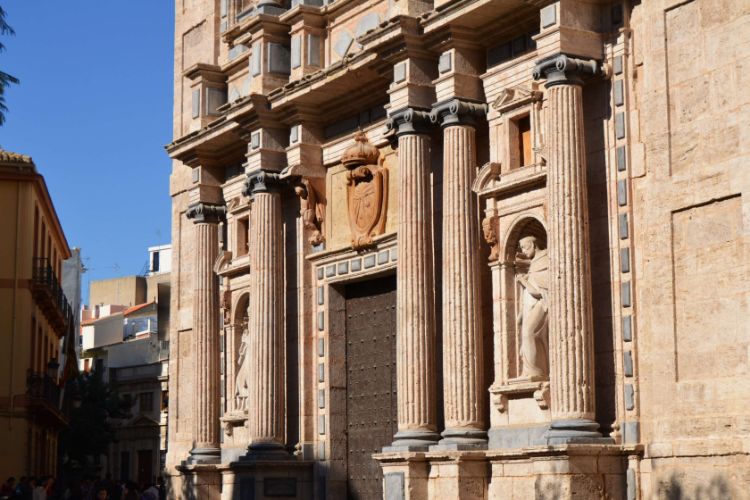
Centre del Carme
ValenciaCentre del Carme in Valencia is housed in the old Carmen Convent and features various temporary exhibition rooms.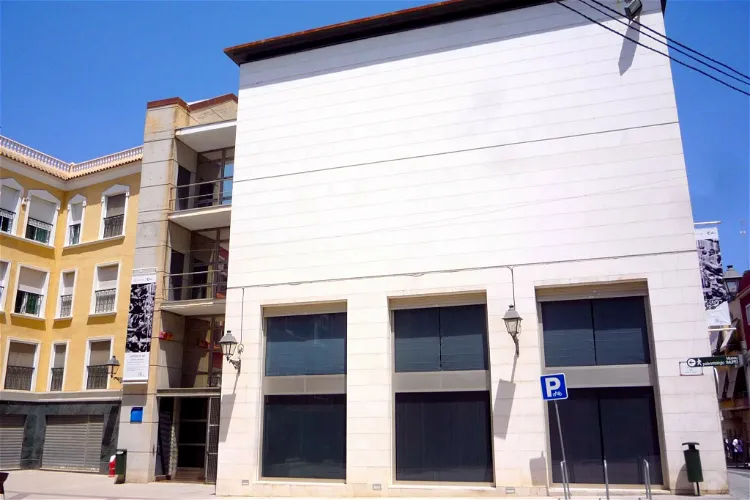
Museum of Contemporary Art of Elche
ElcheThe Museum of Contemporary Art of Elche, located in Elche, Spain, holds a significant position as the city's most important modern and contemporary art museum. It is a hub for art enthusiasts and tourists alike, offering a deep dive into the world of 20th-century art.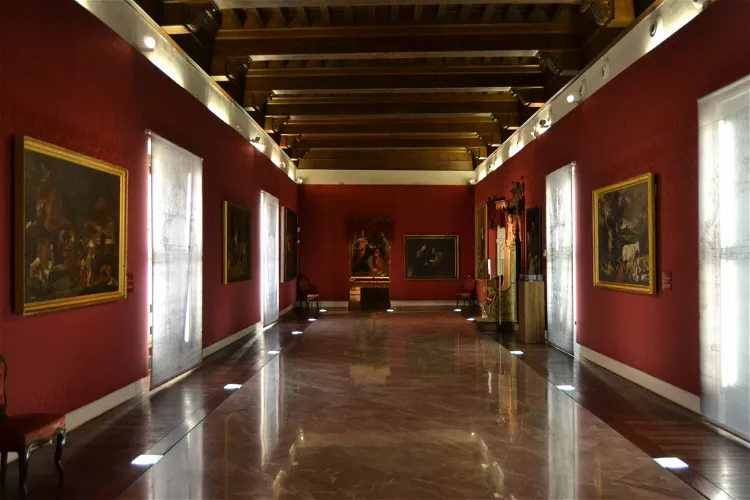
Diocesan Museum of Sacred Art of Orihuela
OrihuelaThe Diocesan Museum of Sacred Art is housed in the Episcopal Palace of Orihuela, a location that has been declared a Site of Cultural Interest. This historic building not only provides a fitting setting for the museum's collection, but is itself a significant part of the cultural heritage of Orihuela. Visitors to the museum will have the opportunity to explore this historic building as they view the museum's collection.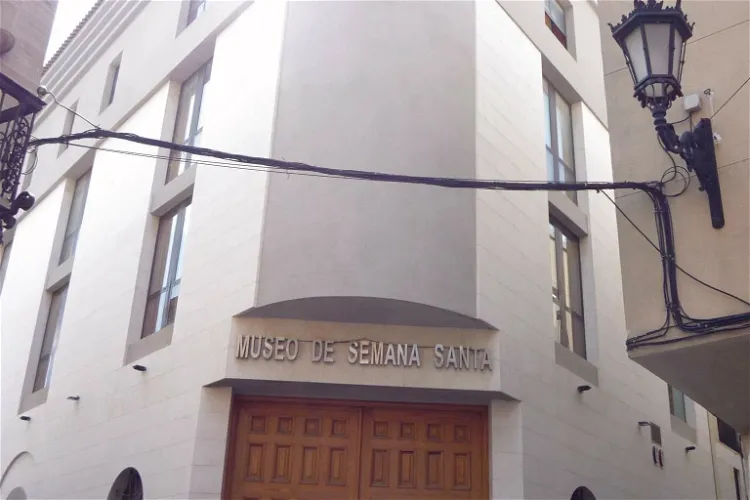
Holy Week Museum
OrihuelaThe Holy Week Museum of Orihuela is situated on the site of the Church of Our Lady of Mercy. This location is significant as it still retains its 16th century Renaissance facade, providing a historical backdrop to the museum's extensive collection of sacred art.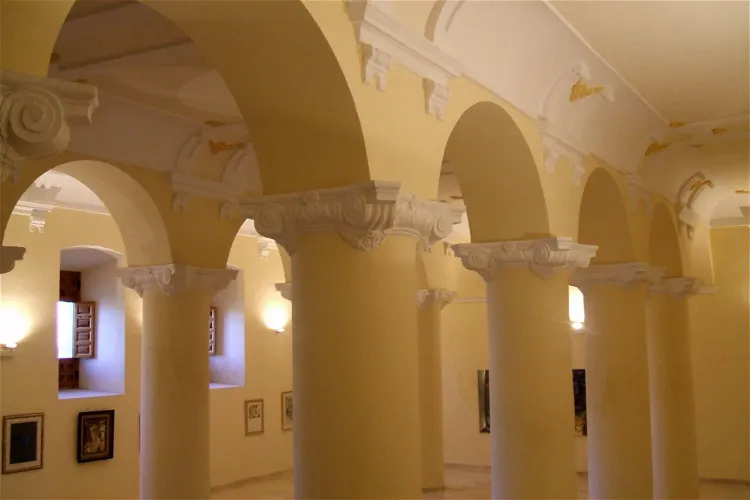
Contemporary Art Museum
Requena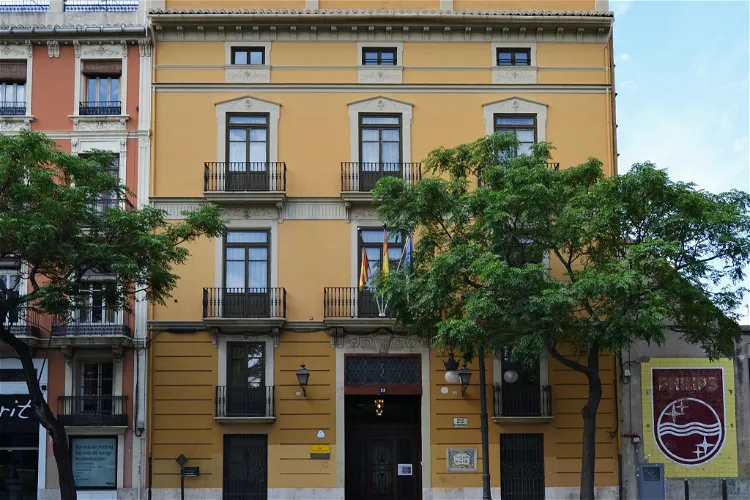
Benlliure House-Museum
CrevillentThe Benlliure House-Museum is a site of cultural interest, located at 23 Blanquerías Street, in the Carmen neighborhood of Valencia. This location is easily accessible and is situated in a vibrant part of the city, making it a convenient stop for tourists exploring Valencia.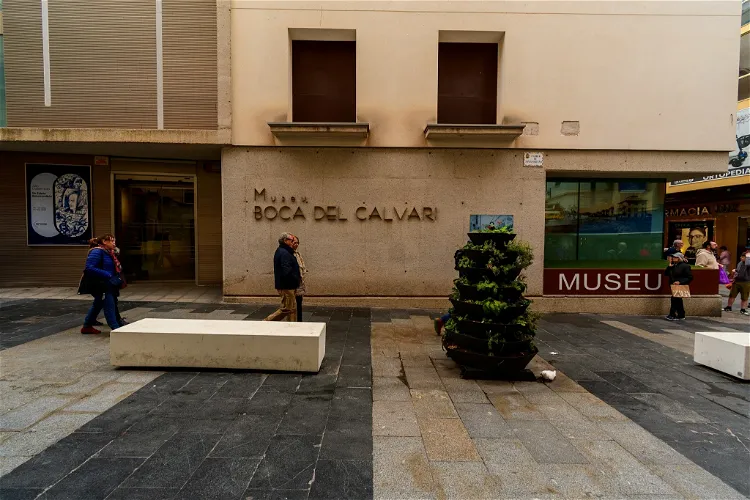
Boca del Calvari Museum
BenidormThe Boca del Calvari Museum, also known as Museu Boca del Calvari, is situated in the vibrant city of Benidorm, Spain. The museum is housed in a building that was once the old town hall, adding a touch of historical significance to its location. This unique setting provides a backdrop for the museum's exhibitions, which focus on contemporary art and history.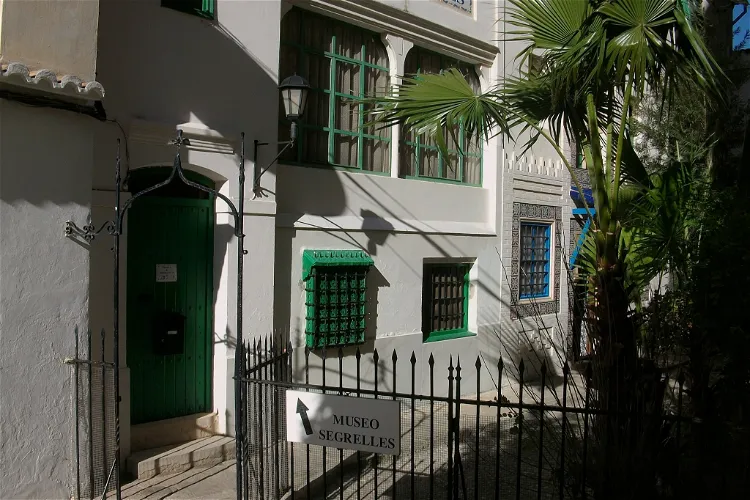
José Segrelles House-Museum
AlbaidaThe Segrelles Museum is a tribute to the life and work of the Valencian painter Josep Segrelles. It is situated in the city of Albaida, in the province of Valencia, Spain. The museum offers a unique opportunity to delve into the artistic journey of this renowned artist.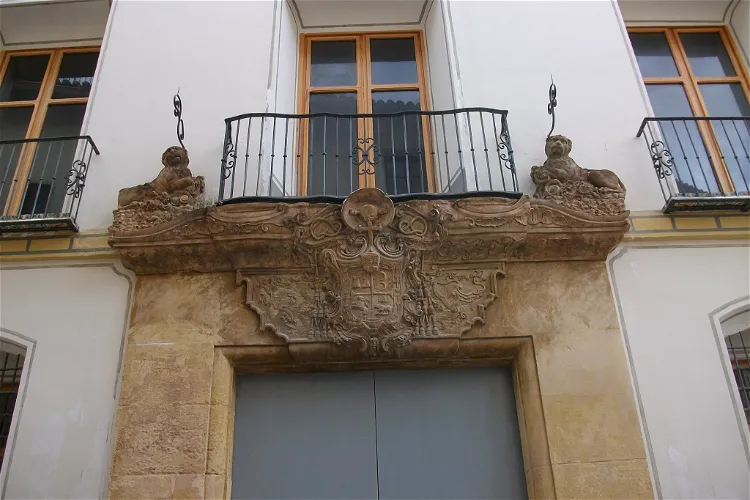
Museum of Fine Arts
Játiva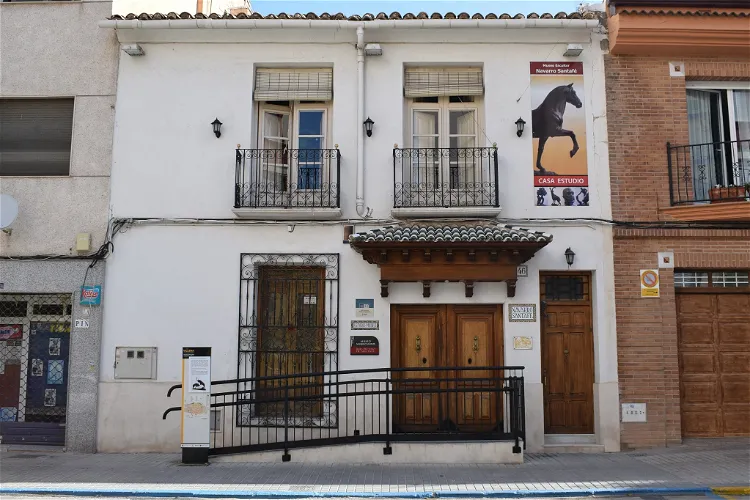
Sculptor Antonio Navarro Santafé Museum
Villena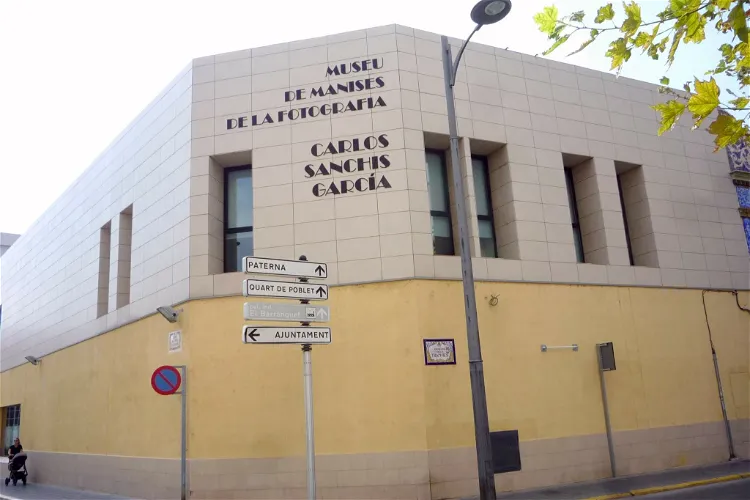
Museum Collection of Photography of Manises
Manises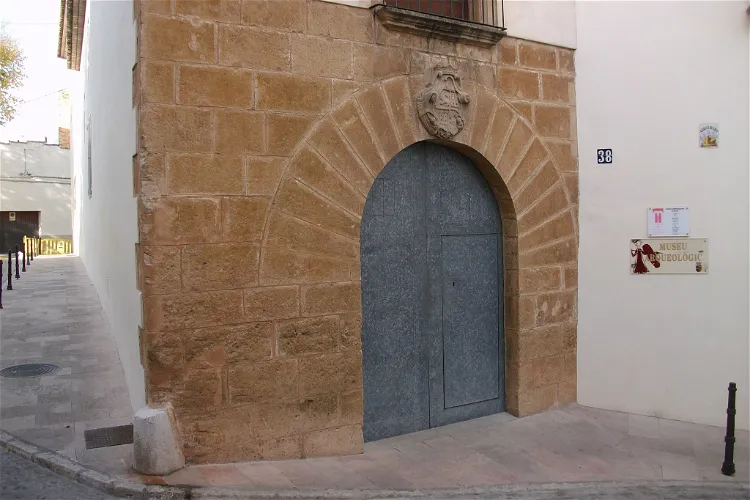
Oliva Archaeological Museum
Oliva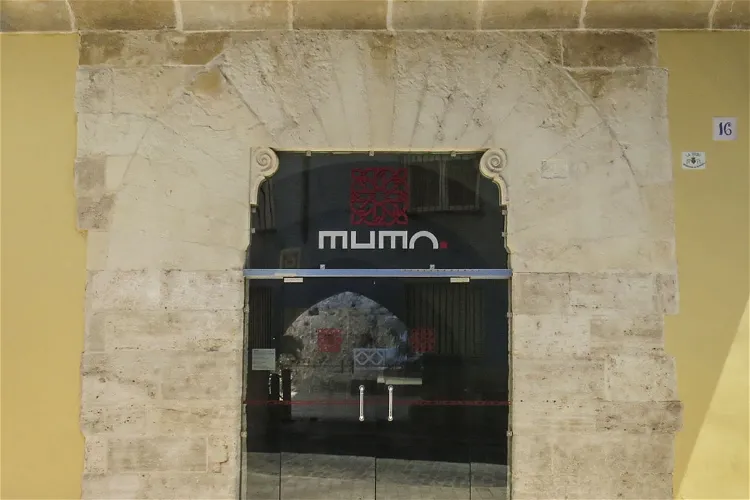
Museu Faller d'Alzira
Alcira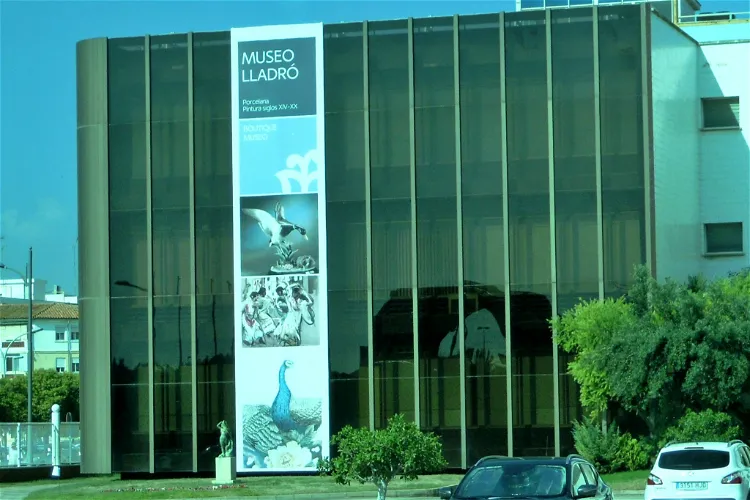
Lladró Museum
AlmáceraApart from showcasing the company's artistic collection, the Lladró Museum also provides an opportunity for visitors to tour the workshops of the City of Porcelain. Here, tourists can learn about the creation process of the porcelain pieces directly from the artisans who craft them.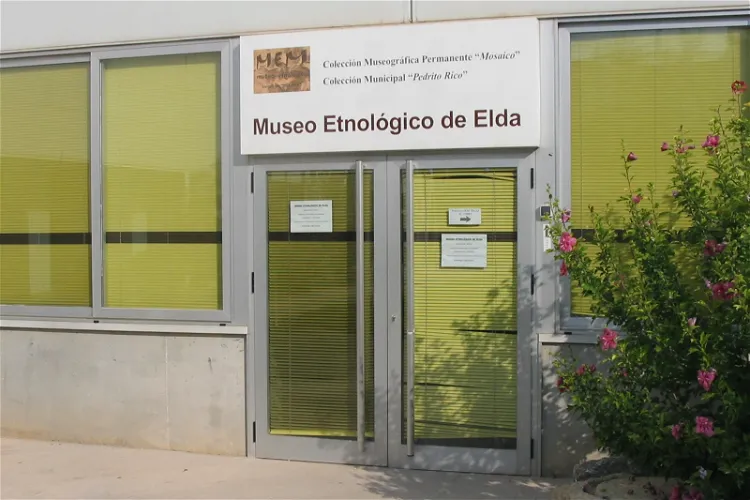
Museo Etnologico Elda
Elda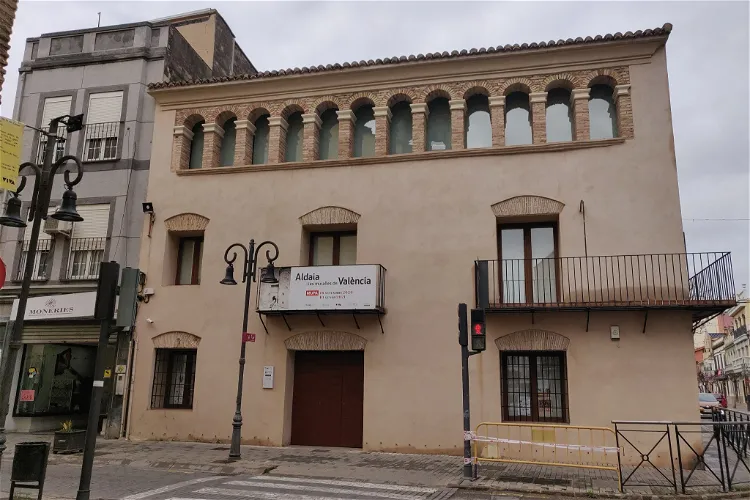
Museum of Palmito
Aldaya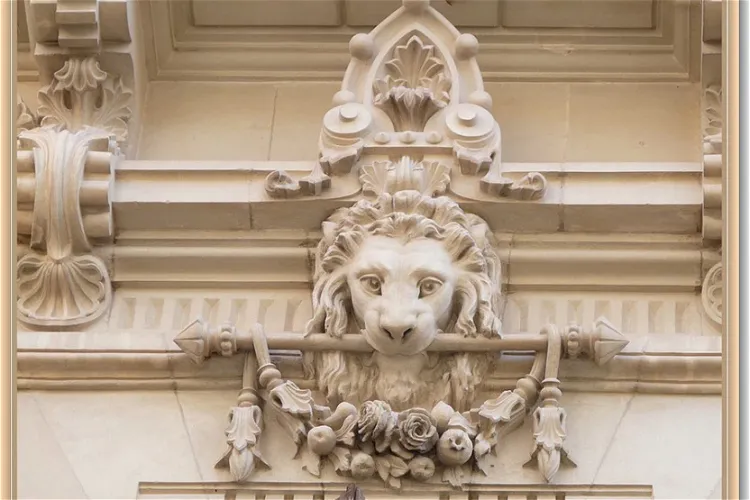
Modernist House Museum
NoveldaThe Modernist House Museum of Novelda is situated at 24 Major Street in Novelda, a city in the province of Alicante, within the Valencian Community of Spain. This location is easily accessible and provides a great starting point for exploring the city's rich history and culture.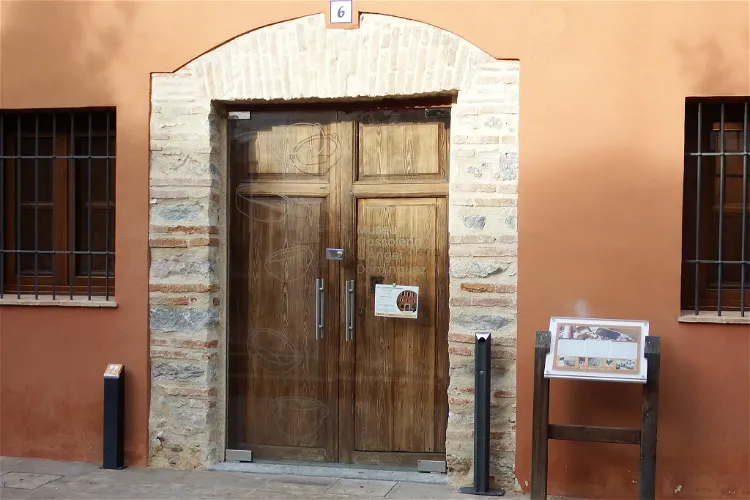
Museu Cassoleria d'Angel Dominguez
PotríesThe Museu Cassoleria d’Àngel Domínguez has also achieved the Q certification. This certification is granted by the Institute for Spanish Tourist Quality (ICTE), indicating that the museum meets high standards of quality in terms of services and facilities. This ensures a satisfactory visit for tourists.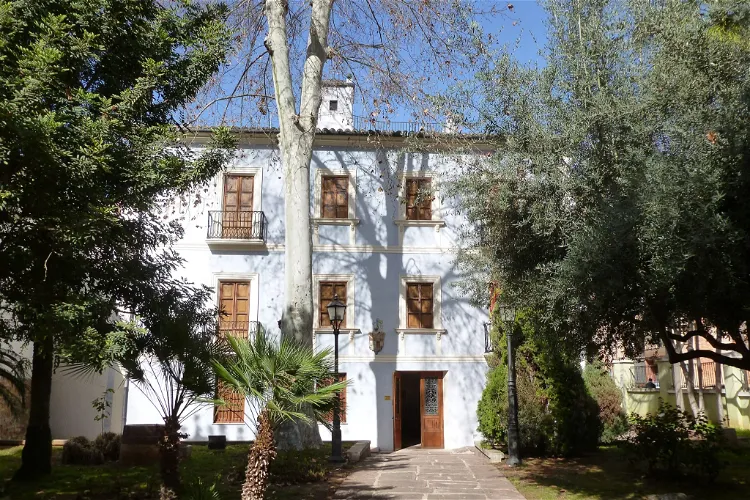
Museu de la Ciutat Casa de Polo
VillarrealThe Museu de la Ciutat, located in Villarreal, Spain, was officially opened to the public on May 17, 1994. It is housed in the Casa de Polo, a farmhouse that was constructed in the 19th century by José Polo de Bernabé y Borrás. This historical building adds a unique charm to the museum, making it an interesting destination for tourists who appreciate architecture and history.- 34
La Casa del Cable
Jávea - 35
Municipal Exhibition Hall
Requena - 36
Museum of the Falles Artists of València
ValenciaMuseum of the Falles Artists of València (Museo del Gremio de Artistas Falleros) is the guild's very own museum in Valencia. Visitors can marvel at their mastery of making fallas, the figurines used in the local festival. - 37
Sala Polivalente Monte Tossal
Alicante - 38
Contemporary Art Gallery
CalpeThe Contemporary Art Gallery in Calpe is a space dedicated to showcasing the works of artists born after the second half of the 20th century, from 1945 onwards. This period is often referred to as the era of contemporary art by art historians. The gallery focuses on a broad spectrum of practices, encompassing plastic art and visual arts. - 39
Microminiature Museum
GuadalestThe Microminiature Museum is a unique attraction situated in the municipality of Guadalest, in the Province of Alicante, Spain. This location offers a picturesque setting for the museum, adding to the overall experience of the visitors. The museum is easily accessible and provides a unique opportunity to explore the world of microminiatures in a beautiful Spanish town. - 40
Julio Quesada Museum
CrevillentJulio Quesada Guilabert, born on December 9, 1918, in Madrid, was a renowned Spanish painter. He was particularly known for his expertise in watercolor painting, earning him recognition as one of the best watercolorists of the 20th century. His works have been celebrated for their artistic quality and have contributed significantly to the field of watercolor painting.